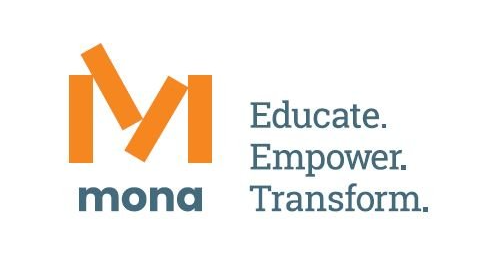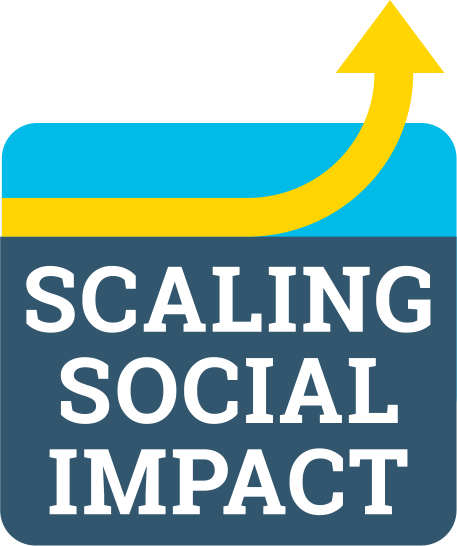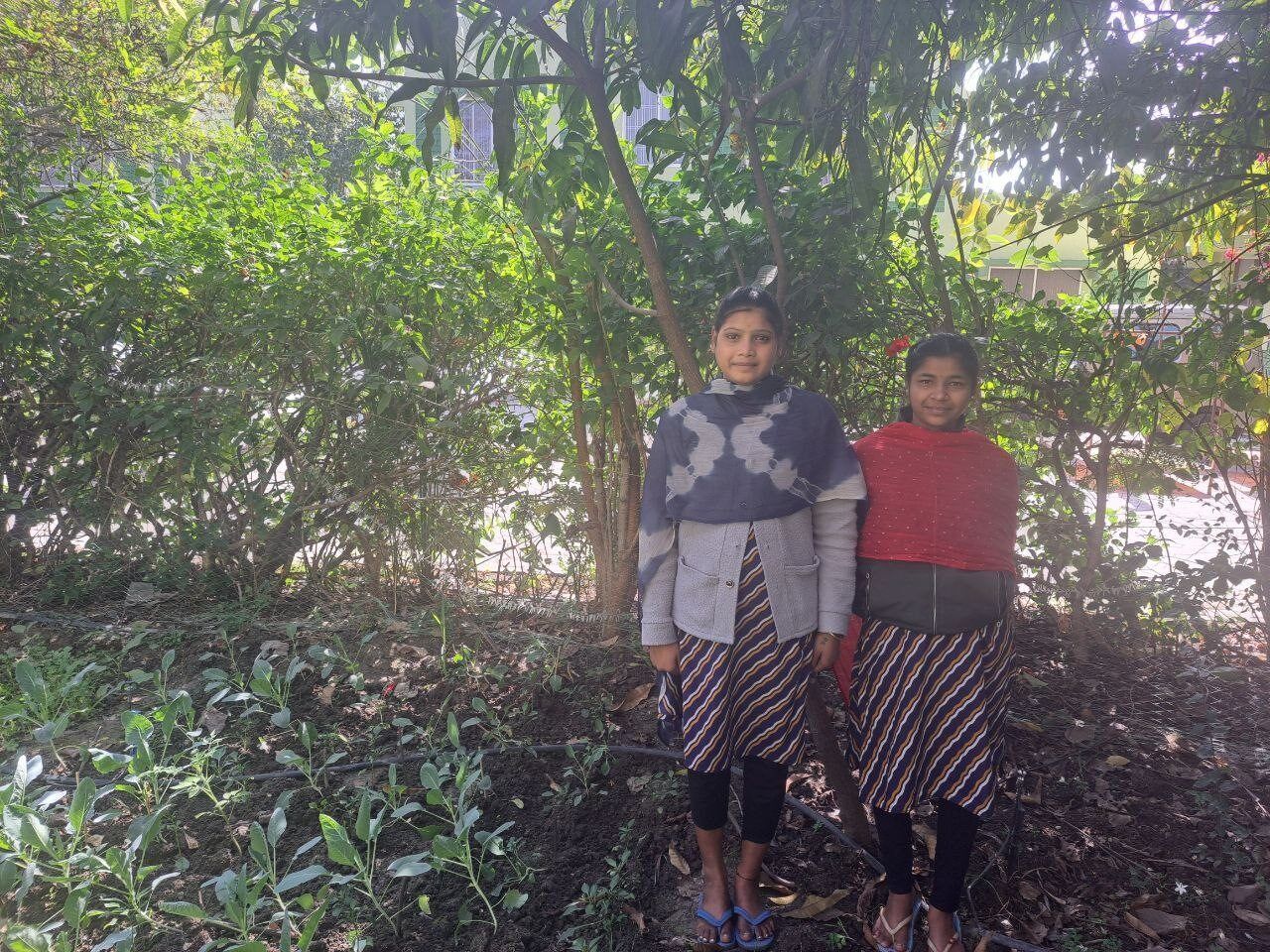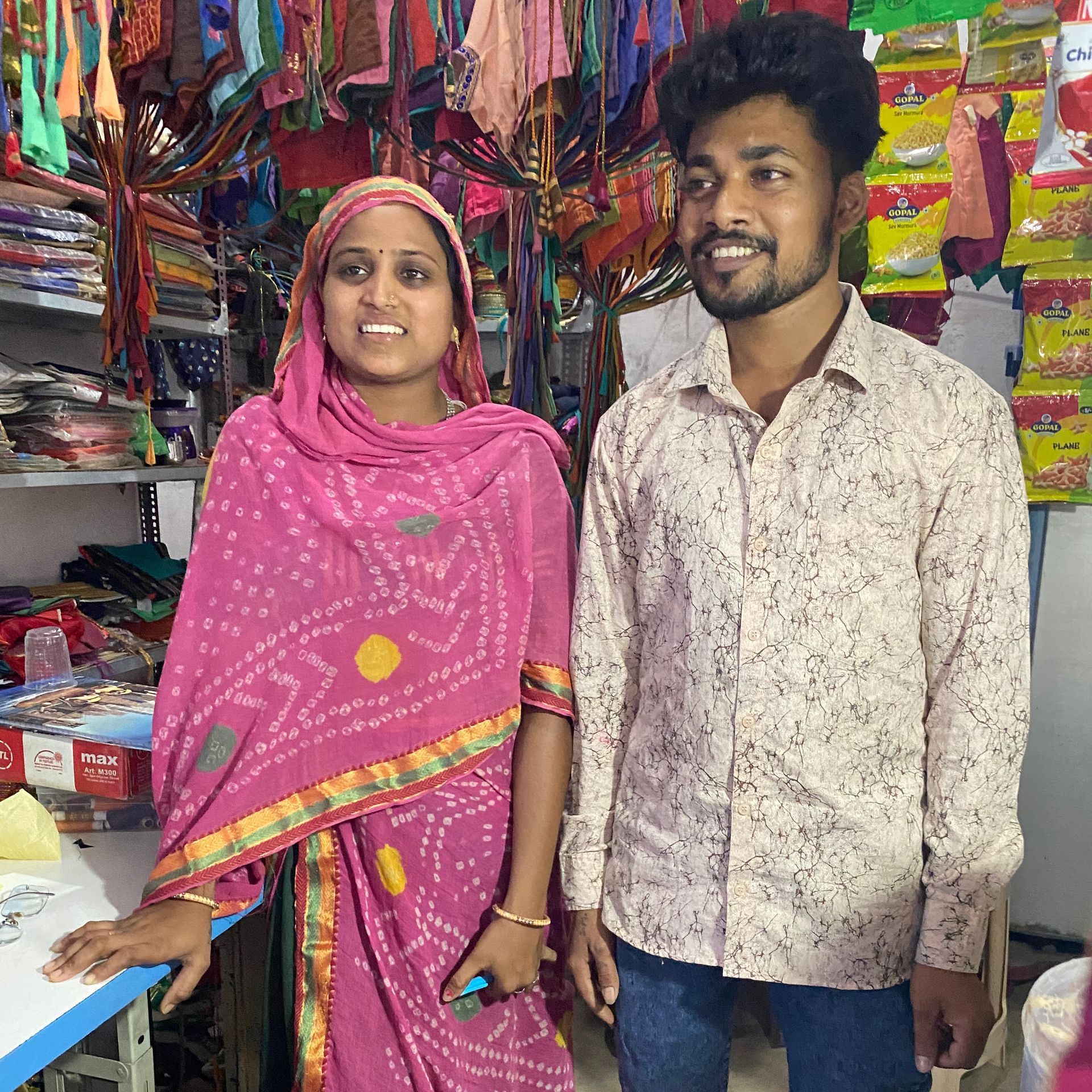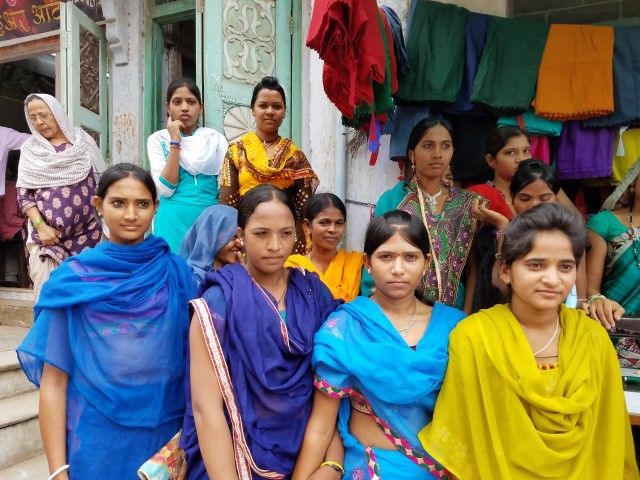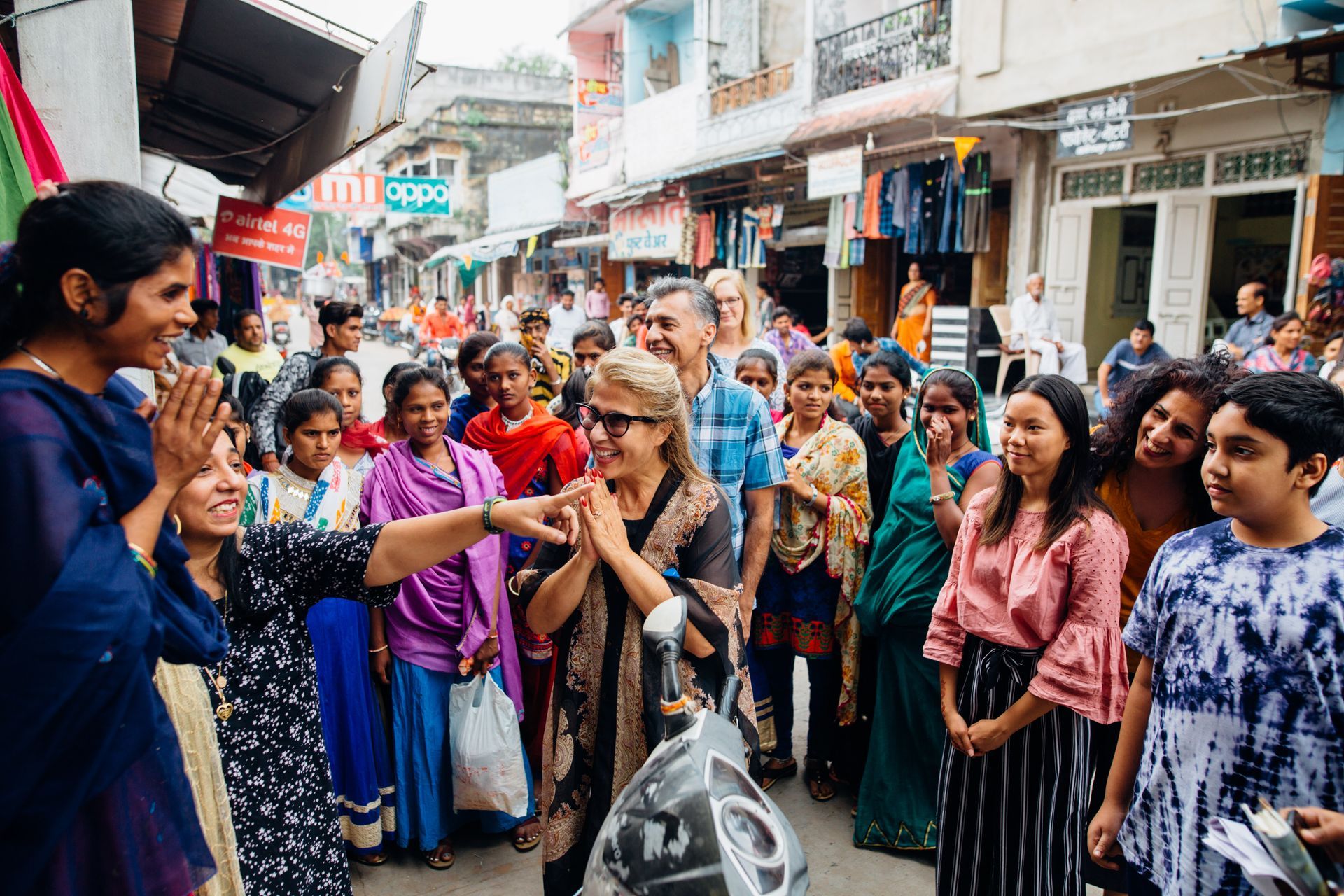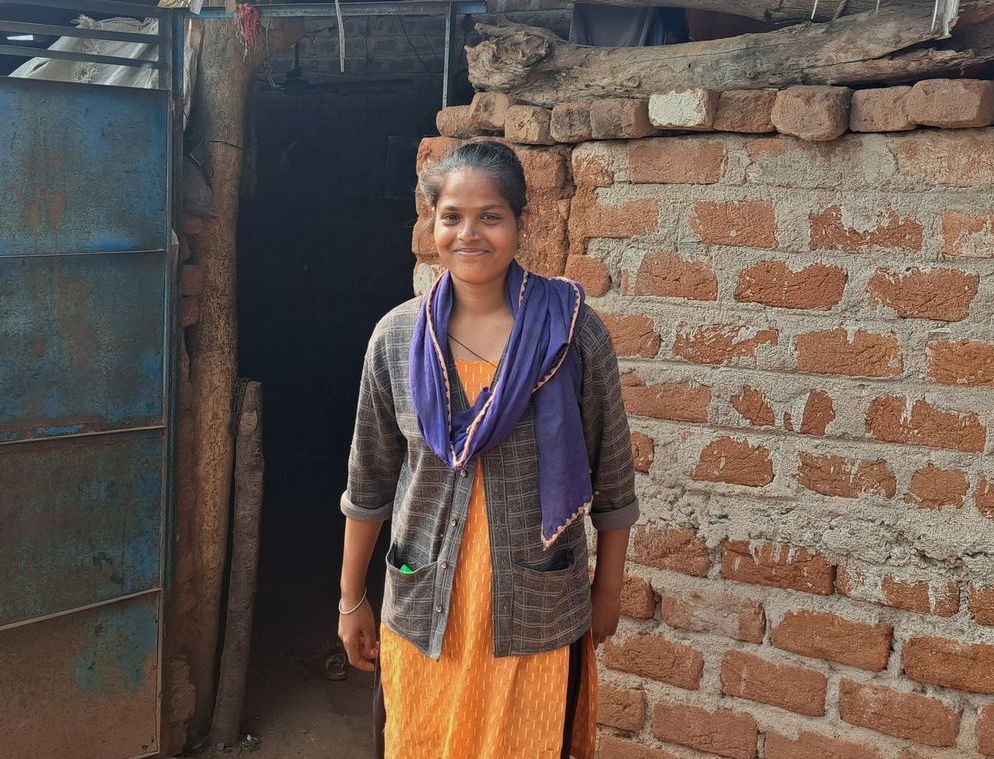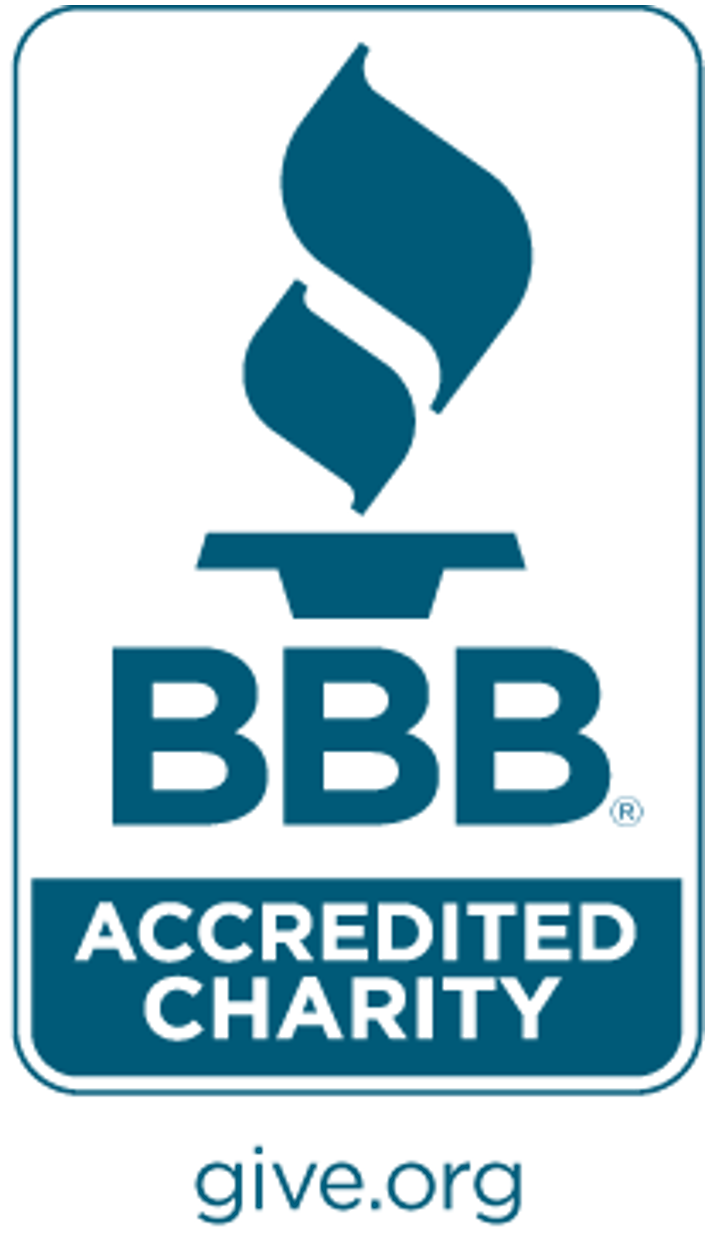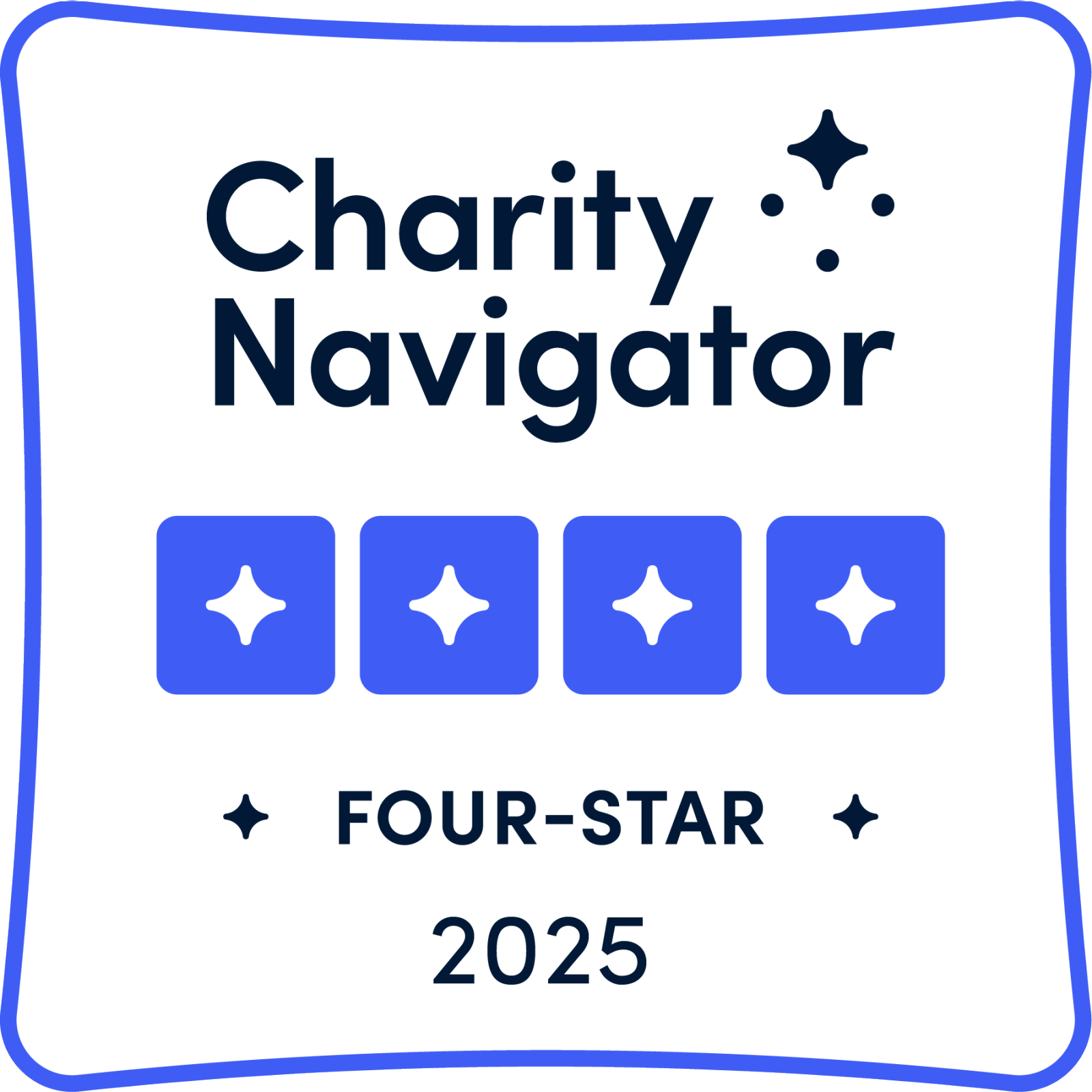Barli Institute
India
Barli Development Institute for Rural Women, India
Mona Partner Since 2004
Established in 1985, Barli aims to empower rural and tribal women to become agents of social change in their communities. Serving young women from villages across Madhya Pradesh, Barli offers a six-month residential training program in literacy, vocational training, and community development. Increasing the awareness and practice of gender equality is also a primary goal.
94% of Barli graduates contribute to the income of their families, thus earning the respect of their fathers and brothers and changing hearts and minds about the importance of girls' education and gender equality. To date, Barli has trained nearly 10,000 young women from over 950 villages, with each graduate positively impacting the lives of 100 others over time.
The Challenge
India is home to 1.3 billion people with 20% earning less than $2.10/day and 50% under the age of 25. India's daughters are generally unwanted, unsafe, unequal, and unfree. They make up one third of the world's child brides (5 million girls) and 50% of married women report domestic violence. Every year, 1 million girls are killed in the womb through selective termination.
The need for access to quality education is great and a significant challenge, especially for girls and young women in India's remote rural areas where girls traditionally don't go to school and are considered suitable only for marriage, having children, and caring for their families.
The Solution: Barli Institute Programs
Watch this short video on how Barli is empowering women and transforming villages across Madhya Pradesh, India.
Training & Education
Barli's six-month residential training program covers three main areas:
- Literacy - 100% of students pass the national literacy exam at the end of the six-month program.
- Vocational training - Students learn tailoring so they can become financially independent. All graduates receive a sewing machine and a certificate that allows them to apply for small business loans to set up their own tailoring shops.
- Community Development - The students learn about organic farming, solar cooking, health and hygiene, women’s rights, conflict resolution, and community service.
Barli also builds the capacity of a smaller group of women who have received secondary education to facilitate similar training in extension centers.
Empowerment
When young women first come to Barli, many are very shy with limited ability to read and write. Within the Institute's nurturing walls, they are safe to find their voices as women and gain the self-confidence to pursue their dreams. Recognizing that changing the hearts and minds of husbands, parents, children, grassroots leaders, local institutions, and other members of the community is equally essential to the process of empowering women, Barli's director and teachers regularly visit the villages of alumni and conduct conferences and meetings as well as short-term courses.
"...The nurturing, loving environment at Barli Institute has instilled new confidence in me. I have come out of my shell and now live a joyful and meaningful life. Learning new skills and a positive attitude has changed my outlook on life.”
- Nanudi, Barli graduate
Read
Nanudi's story: Discovering a "joyful and meaningful life"
Education is light and air.
"To be without education and skills is to be a bird without wings. You can see the sky and the endless opportunities, but you are not able to reach them. It makes you feel helpless.
But education gives you the power and the strength to transform your life and that of others. It makes you confident and self-reliant.
It is like opening windows in a closed room and flooding it with light and fresh air."
- Jhamku, 17-year-old Barli graduate
Gender Equality & Entrepreneurship
Increasing the awareness and practice of gender equality is one of Barli's primary goals. Through education and training, 94% of Barli graduates, like Laxmi (photo right), contribute to the income and well-being of their families.
By learning a trade and bringing in an income, the women earn the respect of their families and village, change the hearts and minds of their fathers and brothers about gender equality, and inspire other young women to walk in their footsteps.
Read
Laxmi's story: Teaching Her Husband about Gender Equality... & Tailoring.
Community Development
Educating a girl at Barli impacts the lives of hundreds of people over time as she arises to contribute to the overall well-being of her village. We met Kali (photo left and in banner above) in 2013 when she first enrolled at Barli. Since then, Kali’s life experience has provided a representative real-time narrative of how a young woman, empowered through education to see herself as an agent of social change, can impact her family, peers, and village – and, in time, change the hearts and minds of an entire community on the critical importance of education, gender equality, and capacity building in leading their own social transformation.
Read Kali's story: Educate a girl. Transform an entire community.
"Thank you for supporting the education of my daughter. She is now a source of inspiration for all the girls in our village, and all the fathers and mothers want their daughters to be like Kali.”
- Kali's father
How We Help
Mona Foundation has partnered with Barli Development Institute since 2005 and
fully funds its operations. Barli has grown in capacity over the years and now trains new cohorts of young women every year while also continuing to support its graduates in their home villages. With its focus on service, community development, and ongoing accompaniment,
educating one woman at Barli improves the lives of 10-20 others immediately and 100 or more over time.
In Our Partner's Words
"Mona Foundation's unwavering support is the cornerstone of our success. Together we have seen how education breaks barriers and shapes brighter futures. Mona Foundation is not merely a supporter or funder of our projects. They are the very wings with which our organization soars higher. They believe in our mission. It is above funding; it is true partnership. They propel Barli to move forward, changing lives and making meaningful impact in the community. They breath life into our dreams."
- Tahera Jadhav, Director of Barli Institute
2024 Achievements
- 174 young women from 95 villages trained, who in turn educated 5,220 others
- 23 teachers trained
- 454 family members engaged
2025 Plans, $87,158
- Educate and empower 150 women
- Train 30 teachers
- Improve infrastructure and provide general maintenance/repairs, including the construction of a permitter wall for student safety
- Publish the book "Development of Myself and My Community" for student use
- Investing in sewing machines, grind mills, and solar cookers for student use upon return to their communities
